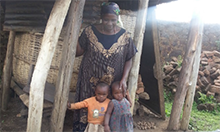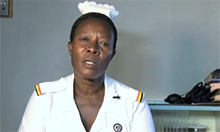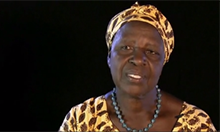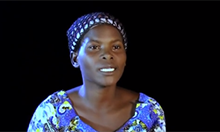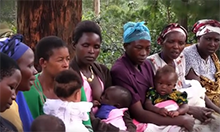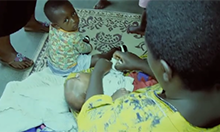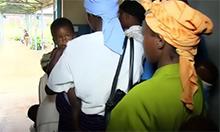In May 2013, SPRING/Uganda conducted emotion-based formative research investigating child feeding practices during and after illness and perceptions about malnutrition in the first two years after birth. Using projective techniques, the team sought to determine what emotion-based "hot buttons" will move parents of children 0-2 years of age to take nutrition-specific actions when their child is sick. The team also wanted to identify emotion- and logic-based potential opportunities and barriers to the parents taking desired actions; key influencers of mothers' child rearing practices; and current word-of-mouth messages related to food in-take for children 0-2 years of age.
A key finding of this formative research was that status and recognition are the primary drivers of behaviour among the mothers and fathers of children 0-2 years of age. Taking this finding into account, the SPRING/Uganda team developed the “Great Mothers, Healthy Children” campaign, which employs emotion-based messages incorporating logic and facts.
The team based the campaign on four behaviors: feeding children during illness, feeding a recuperating child, seeking medical care, and exclusive breastfeeding. They selected mothers, fathers, and “wise women” (grandmothers) of children 0-2 years of age and interviewed them using the projective techniques, recording the conversation on video. These videos form the basis of the video campaign and will be used in the communities to facilitate discussion around the four behaviours within the different target groups.
SPRING/Uganda selected village health teams (VHTs) per village in each of the focus sub counties and will train them to facilitate the video discussions at the village level with different groups of mothers, fathers, and wise women. In time, these video-recorded group discussions will inspire the different group members to adopt and practice individual actions from each of the four behaviors.
